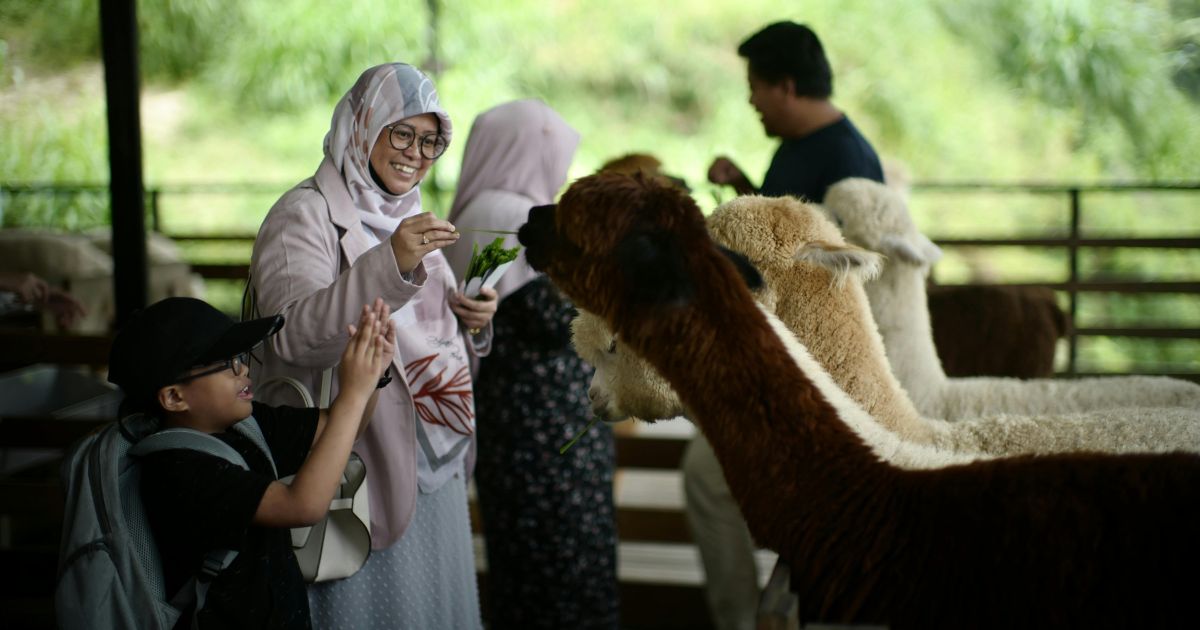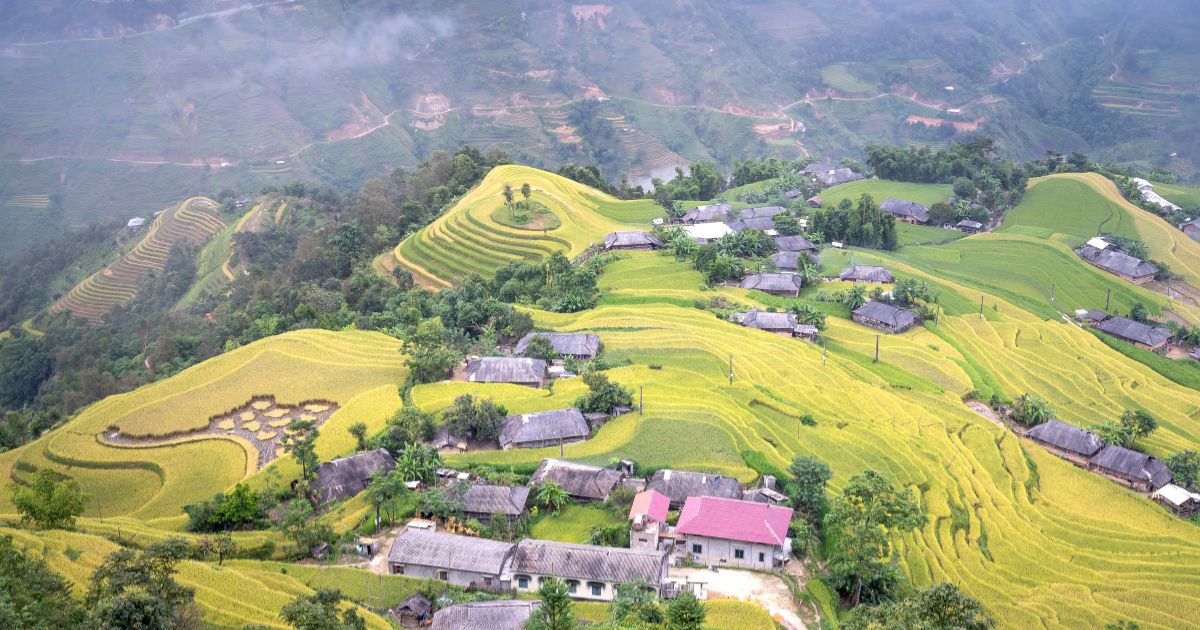
In recent years, travelers around the globe have sought deeper connections with their destinations, craving authentic experiences that go beyond traditional sightseeing. Agritourism and farm stays offer a unique way to immerse yourself in rural life, engage in hands-on activities, and support local communities. Whether you dream of feeding chickens at dawn, harvesting vegetables alongside farmers, or sampling homemade cheeses, a farm stay can transform your vacation into a memorable journey that benefits both you and the host.
What Is Agritourism and Why It Matters
Agritourism refers to travel experiences that revolve around agricultural activities, inviting guests to step onto working farms or ranches and take part in daily routines. Unlike a typical hotel stay, farm stays allow visitors to witness and contribute to food production, animal husbandry, and land stewardship. This form of travel highlights the importance of sustainable agriculture, fosters appreciation for where our food comes from, and offers economic support to small farmers. In an era of mass tourism, agritourism stands out as a responsible, educational alternative that encourages conservation and cultural exchange.
Key Benefits of Choosing a Farm Stay

Opting for a farm stay delivers benefits that enrich both traveler and host. Firstly, you gain firsthand insight into eco-friendly farming practices, from organic crop rotation to water conservation methods. Secondly, farm stays often include fresh, homegrown meals, reducing reliance on processed foods and lowering your carbon footprint. Thirdly, you form meaningful connections with hosts who share local traditions, recipes, and stories. Finally, your spending directly supports rural economies, preserves agricultural heritage, and encourages biodiversity by incentivizing responsible land management.
How to Choose the Perfect Farm Stay
Selecting the right farm stay involves careful planning. Start by identifying the types of activities you want: do you prefer tending goats, foraging wild herbs, or learning to craft cheeses? Next, consider location factors such as climate, terrain, and proximity to regional attractions. Always read guest reviews to gauge cleanliness, hospitality, and the clarity of host communications. Check whether accommodations are private cabins, shared dormitories, or homestay rooms, and ensure essential amenities like hot water, heating, and reliable internet (if needed) are available. Finally, verify the farm’s sustainability credentials, such as organic certification or regenerative practices, to align with your eco-friendly values. Choosing eco-friendly accommodations not only enhances your comfort but also ensures your stay supports responsible tourism.
Top Farm Stay Activities to Experience
- Animal Care: Feed chickens, milk cows, gather eggs, or herd sheep alongside expert farmers.
- Harvesting & Gardening: Pick fresh fruits, vegetables, and herbs in season, learning planting and pruning techniques.
- Culinary Workshops: Transform farm produce into jams, cheeses, breads, or local specialties under the guidance of hosts.
- Nature Walks & Birdwatching: Explore surrounding woodlands, meadows, and wetlands to observe native wildlife and plant species.
- Craft & Skill Sessions: Participate in basket weaving, candle making, beekeeping, or traditional tool forging for an immersive rural craft lesson.
Essential Packing Tips for Your Farm Stay
Packing for a farm stay requires a balance of practical and comfortable items. Durable, closed-toe shoes or boots are crucial for muddy fields and animal enclosures. Breathable layers, including moisture-wicking shirts and a waterproof jacket, keep you prepared for variable weather. Don’t forget a wide-brimmed hat, sturdy work gloves, and a reusable water bottle to stay hydrated during outdoor chores. A small daypack will hold essentials on hikes and excursions. If your farm stay includes cooking classes, bring a lightweight apron and a basic set of culinary tools, like a paring knife. Lastly, pack sunscreen and natural insect repellent to protect yourself without harming the ecosystem. By practicing sustainable packing, you can reduce waste, minimize your footprint, and travel more responsibly.
Top Agritourism Destinations Worldwide
From Europe to Oceania, agritourism flourishes in diverse landscapes. In Tuscany, Italy, olive groves and vineyards welcome guests to truffle hunts and wine tastings. Japan’s countryside offers rice planting ceremonies and sleepovers in traditional farmhouses. New Zealand hosts sheep shearing demonstrations alongside geothermal vineyard tours. In the United States, Texas hill country and Vermont dairy farms invite visitors to cheese tastings and maple syrup harvests. Spain’s Andalusian estates combine olive oil pressing with flamenco evenings. Each region blends local culture, cuisine, and terroir, creating a spectrum of agritourism experiences to suit every traveler’s interests.
Supporting Farms and Local Communities Ethically

To ensure your agritourism visit has a positive impact, engage with hosts respectfully and observe farm rules. Purchase farm products directly from on-site shops, or join a community supported agriculture (CSA) box program when you return home. Share your experiences on social media and review platforms to raise awareness. Avoid demanding activities that strain farm resources, and always ask before taking photographs of people or private property. By respecting the farm’s daily rhythm, you contribute to sustainable livelihoods and cultural preservation, reinforcing the value of agritourism for future generations.
Budgeting and Booking Your Farm Adventure
Farm stay rates vary based on location, season, and included amenities. Many hosts charge per person, per night, and may offer discounts for extended stays or midweek visits. Factor in additional costs for special workshops, meals, or equipment rentals. Book well in advance during peak agricultural seasons to secure your preferred dates. Look for package deals that bundle accommodation, meals, and activities. Consider travel insurance that covers farm-based activities, and clarify cancellation policies with your host. A thoughtful budget ensures you enjoy your experience without unexpected expenses.
Safety and Etiquette on the Farm
Safety should always come first when working around large animals and machinery. Listen attentively to host briefings on handling livestock, using tools, and navigating uneven terrain. Wear protective gear as instructed and never wander into restricted areas. Maintain good hygiene by washing hands before meals and after chores. Show gratitude by arriving on time for scheduled activities, assisting hosts with cleanup, and offering honest feedback. Polite behavior and open communication foster a warm environment, making your stay rewarding for everyone involved.
Conclusion: Cultivate Memories with Agritourism
Agritourism and farm stays are more than vacations they are invitations to participate in sustainable practices, support rural economies, and create lasting memories. By choosing a farm stay, you embrace a mindful approach to travel that values education, community, and environmental stewardship. Whether you’re harvesting honey at dawn or sharing stories around a fire, the lessons learned on the farm will resonate long after you return home. Start planning your agritourism adventure today and discover the joy of slow, meaningful travel.

















No Comments